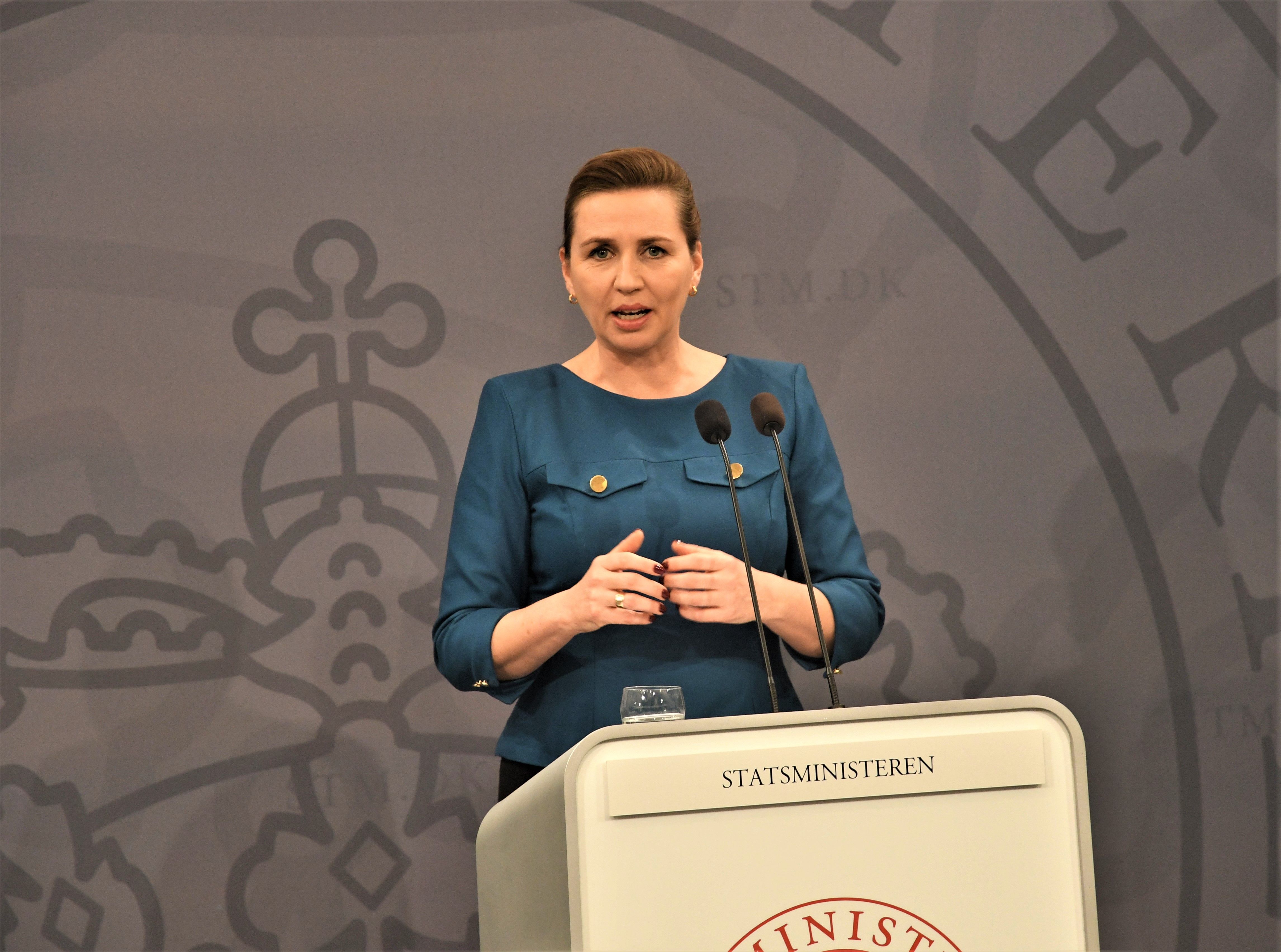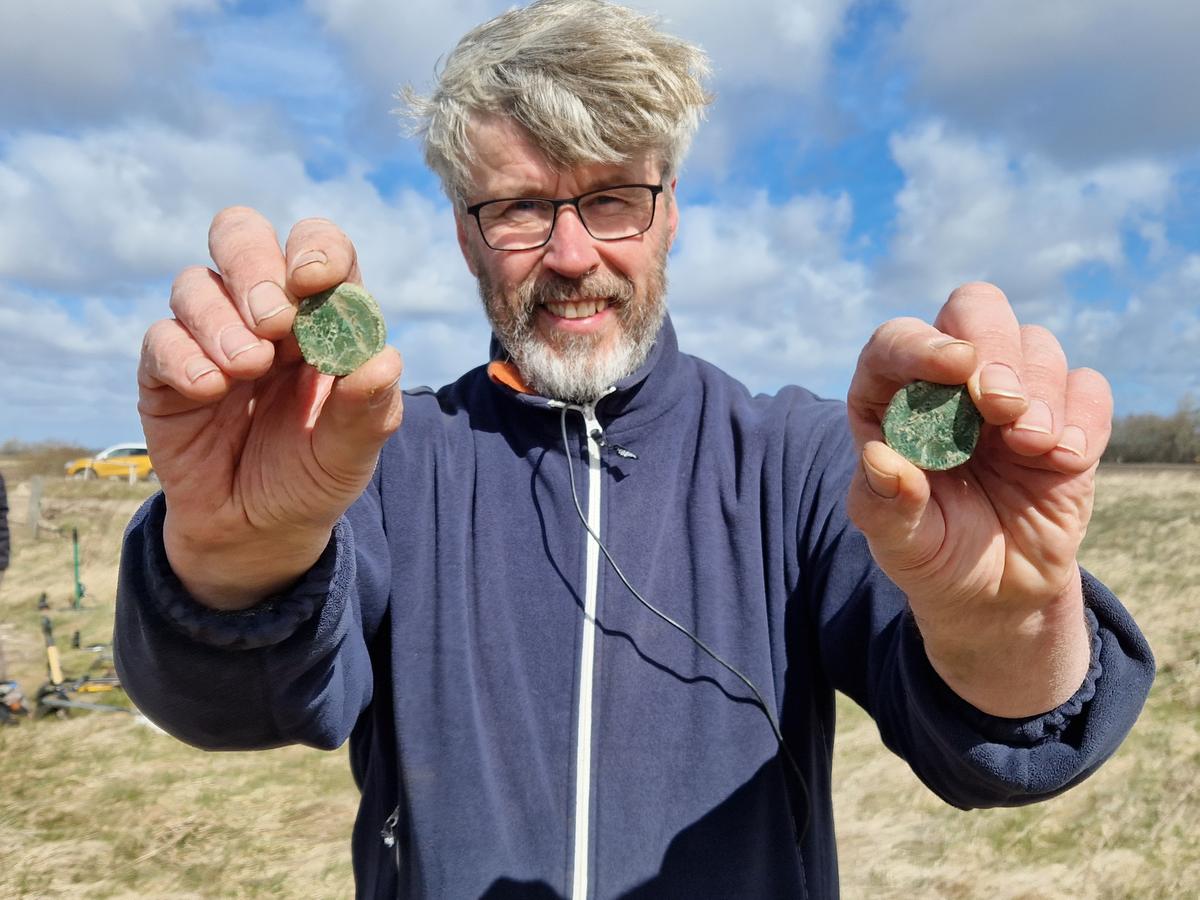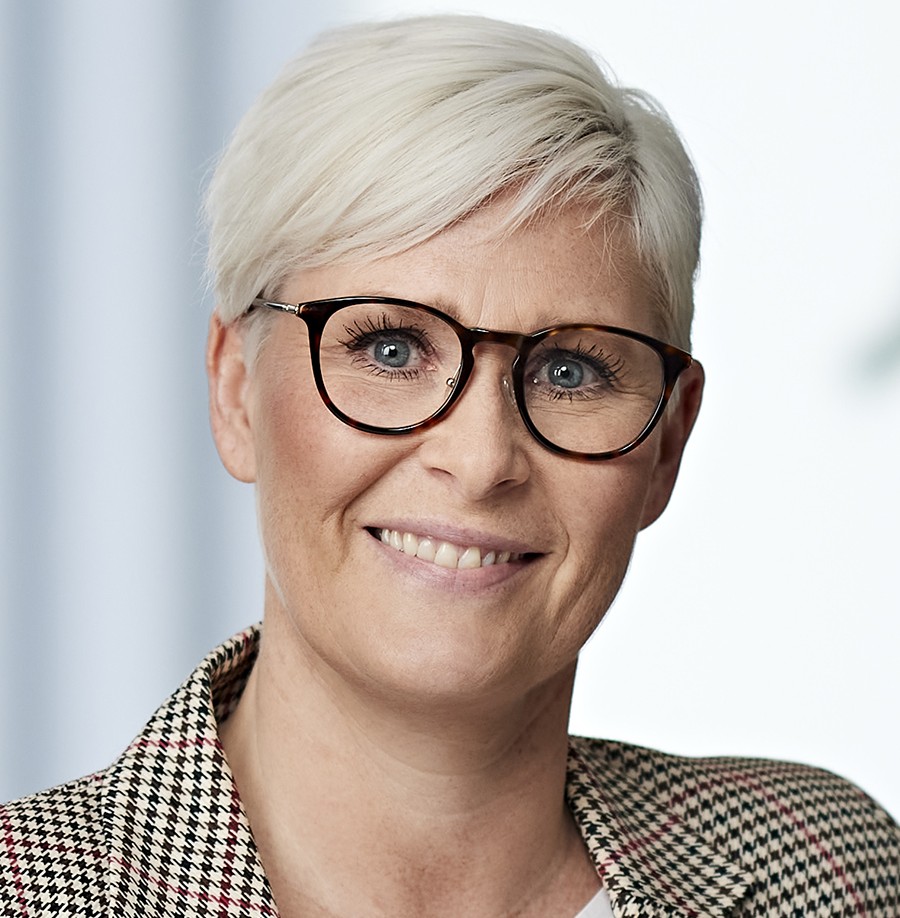A Danish study has found that using the pain reliever acetaminophen during pregnancy could increase a child’s risk of attention deficit hyperactivity disorder (ADHD).
Prenatal exposure to acetaminophen ― a drug previously considered safe in pregnancy ― may increase the risk of behavioural problems in children, including ADHD and hyperkinetic disorder (HKD) – a severe form of ADHD.
“Because the exposure and outcomes are frequent, these results are of public health relevance,” researchers wrote in the report.
Jørn Olsen, MD, PhD, from the Institute of Public Health at University of Aarhus said that the findings "should inspire much more research and a cautious use of these drugs during pregnancy”.
“Maternal hormones play critical roles in regulating foetal brain development, and it is possible that acetaminophen may interrupt brain development by interfering with maternal hormones,” write the researchers.
READ MORE: Michael J Fox funds Danish research
Still more research needed
Olsen and colleagues analysed the data of 64,000 expectant mothers over a six-year period, and during that time more than half took acetaminophen. After delivery, the investigators followed the newborns through childhood, screening them for ADHD and other behavioural problems.
The researchers found that children of women who had taken acetaminophen were 13 percent more likely to demonstrate ADHD-associated behaviour by the age seven, including issues with attention span and temper. Those same children had a 30 percent greater chance of requiring the use of an ADHD medication. The strongest effect was seen among children exposed to acetaminophen for more than one trimester and among those exposed for a greater number of weeks.
The researchers pointed out that they could not rule out things like genetic factors or exposure to other medications and drugs, and the authors of an editorial published with the study emphasise that "causation cannot be inferred from the present observed associations" and that a replication study is needed.
The study was supported by the Danish Medical Research Council, and the findings were published yesterday in the journal, JAMA Pediatrics.
















